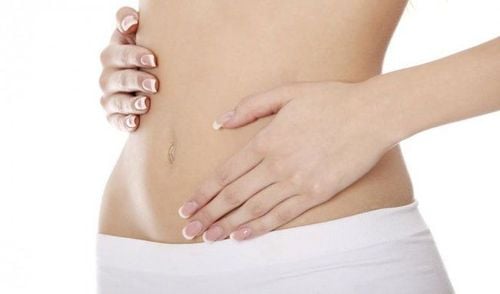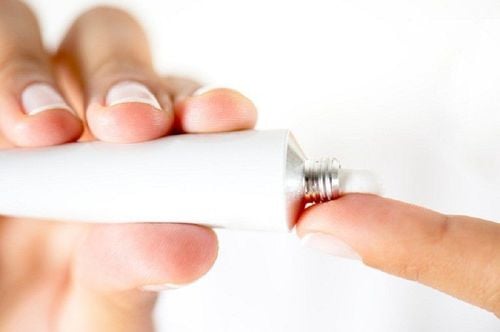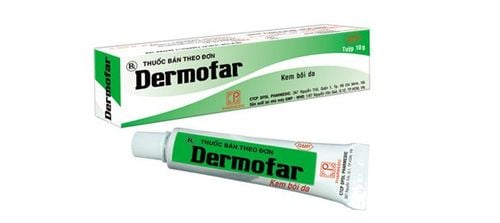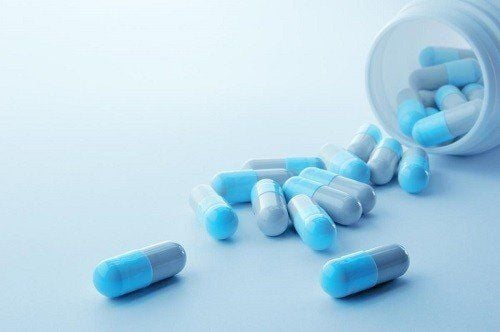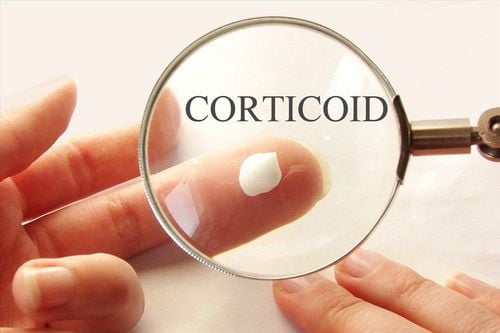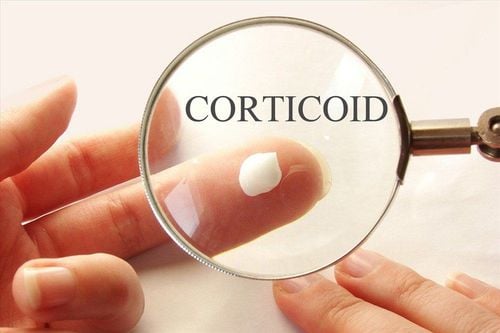This is an automatically translated article.
Eczema is a flare-up that can be controlled in a variety of ways. From moisturizers to medications, everything needs to be tested before use.1. Prevention of Eczema
1.1 Avoiding Triggers Eczema is caused by a variety of factors. You can prevent recurrent eczema by avoiding triggers, including:Allergies: Animal dander, dust, mold, and pollen Dishes Dry skin Strong soaps and detergents Heat high altitude rough fabrics or fabrics that cause itching Skin care products with dyes or fragrances Stress Perspiration Tobacco smoke 1.2 Moisturizing Skin Daily skin care is essential, where moisturizer is the product that should be Prioritize use to help keep your skin from drying out. There are 3 basic lotions to choose from:
Ointment: Mineral greases are good at retaining moisture but can be greasy. Cream: As an intermediate choice, not as greasy as ointments but still effectively moisturizes the skin. Body lotion: A product with little effect and long-term effect due to the diluted nutrient composition. For best results, you should use the following skin care tips:
Make a habit of using body products twice a day, right after bathing or in the shower Perform gentle massage, Do not rub vigorously to smooth skin. Use a spatula or pump to suck lotions out of the can. If you use your fingers to touch the cream, it will leave germs, increasing the risk of infection. Moisturize your hands every time you wash them
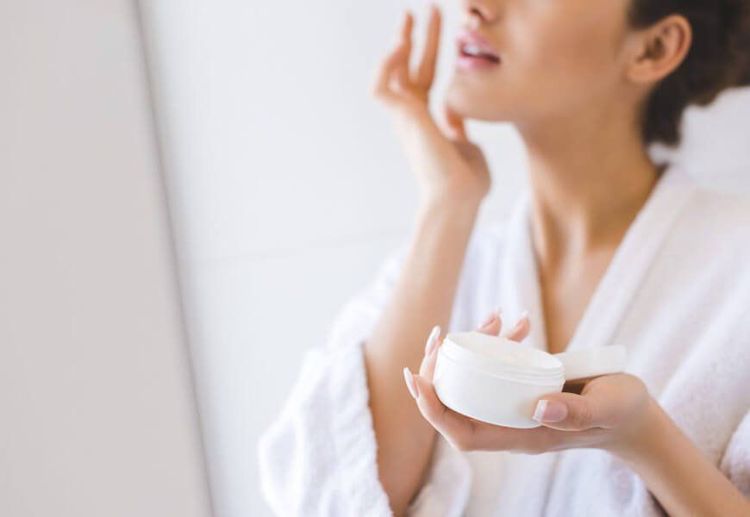
Chăm sóc da hàng ngày là điều cần thiết để tránh mắc bệnh chàm da Eczema
Take a bath once a day, maximum for 10-15 minutes Take a warm bath, do not take a hot bath Scrub your body with mild soaps to keep the body's best moisture. room up the face, armpits, genitals, hands and feet. Remaining parts wash with clean water Do not rub with washcloth or bitter melon Gently dry with a soft towel Bath at night to retain the best moisture For more effective bathing, you can try more ways after:
Baking soda, about 1⁄4 cups Bath Oil to moisturize skin Bleach to reduce swelling and bacteria on the skin. For a standard size tub, add half a cup of bleach and fill the drain holes with water. Soak for 10 minutes, 2-3 times/week. Oatmeal helps relieve itching. Use colloidal oatmeal, like the oatmeal gel. Salt, about a cup, during flare-ups. 1.4 Use only mild soaps and detergents Soaps, detergents and other products can have a negative effect on your skin, so you should consider choosing the right product.
Avoid antibacterial and deodorant soaps. Choose products that do not contain added dyes or fragrances. Choose products with as few additives as possible. Use mild detergent. Do not use fabric softener.
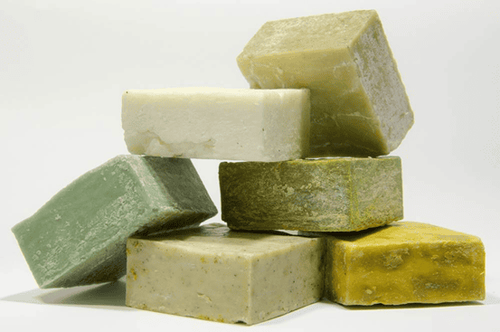
Chỉ sử dụng xà phòng và chất tẩy rửa nhẹ
1.6 Limit itching Itching can irritate the skin, scratching a lot can cause ulcers that lead to infection. To relieve itching symptoms, you should do:
Place wet cloth on itchy areas Cover itchy areas to prevent scratching Gently rub body with fingertips instead of scratching Cut fingernails Short Wear thin gloves while you sleep If the tips above still don't help reduce the urge to scratch, you should see your doctor for further treatment instructions.
2. Eczema Treatment
2.1 Applying prescription creams and ointments If self-care measures do not prevent flare-ups, your doctor may recommend topical medications such as:Corticosteroids: Corticosteroids have long been used to treat eczema . Medications commonly used to control flare-ups Calcineurin inhibitors: Drugs that affect the functioning of the immune system and help limit flare-ups, but also have some serious side effects. Therefore, you may be advised to use this class of drugs only when other treatments have failed. 2.2 Biologics The immune system has an important role in helping the body fight infection. However, in eczema, the immune system overreacts, activating skin cells even in the absence of harmful factors, leading to a flare-up. Biologic drugs work to control the response of the immune system. Dupilumab (Dupixent), subcutaneously, is the only approved biologic for eczema.
2.3 Antihistamines If you have severe itching that shows no signs of abating, your doctor may recommend an antihistamine. Medicines are usually available in pill form, either by prescription or over-the-counter. Some allergy medications can cause drowsiness. Therefore, you should use the drug at night.
2.4 Corticosteroids Corticosteroids are used for people with severe, difficult to control eczema. Depending on the type of drug, the route of administration is different, usually oral and injectable inflammatory drugs. The drug is effective. However, taking the drug for too long can be affected by side effects.
2.5 Antibiotics Eczema patients often have dry skin, creating favorable conditions for bacteria to enter. Therefore, you need to use antibiotics. Medicines do not work to cure eczema, but only work to treat accompanying infections. The duration of use depends on the severity of the infection.
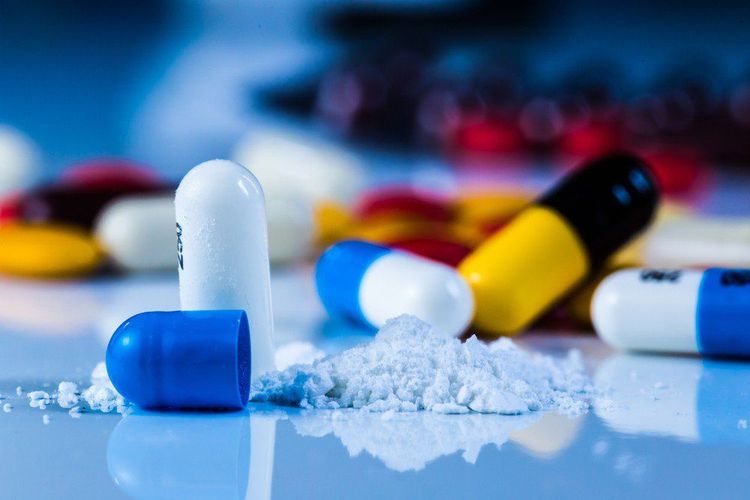
Thuốc kháng sinh được sử dụng để điều trị các bệnh nhiễm trùng kèm theo
2.7 Light Therapy Light therapy is also known as phototherapy. With this therapy, the doctor uses a machine to shine special light rays into the skin. The most common light used for eczema is ultraviolet B (UVB). In addition, there are several other types of rays that are used in different situations.
You usually need 2 - 3 treatments per week for 1 - 2 months until the treatment effect is seen. Each screening lasts only a few minutes. Light therapy improves eczema, but also ages the skin and increases the risk of skin cancer.
2.8 Manage stress Stress has the potential to trigger flare-ups, so it's a good idea to find ways to manage stress. If you've tried to control it and it's still not working, see a therapist to learn relaxation and stress management skills. In addition, you should also use some other methods such as meditation, yoga, tai chi, muscle relaxation. The important thing is that you should persist in practicing until the effective day.
Please dial HOTLINE for more information or register for an appointment HERE. Download MyVinmec app to make appointments faster and to manage your bookings easily.
Reference source: Webmd.com




